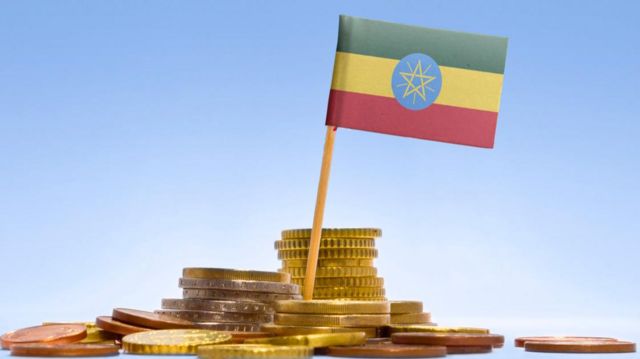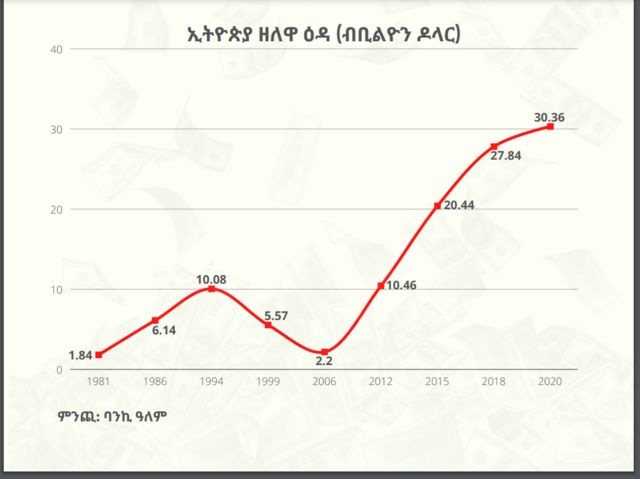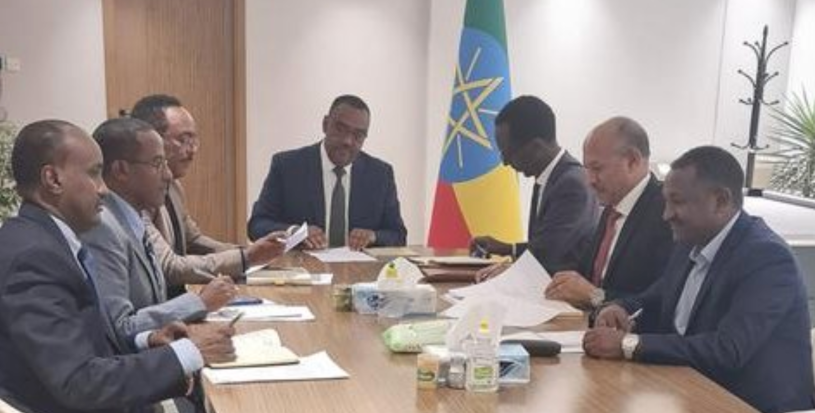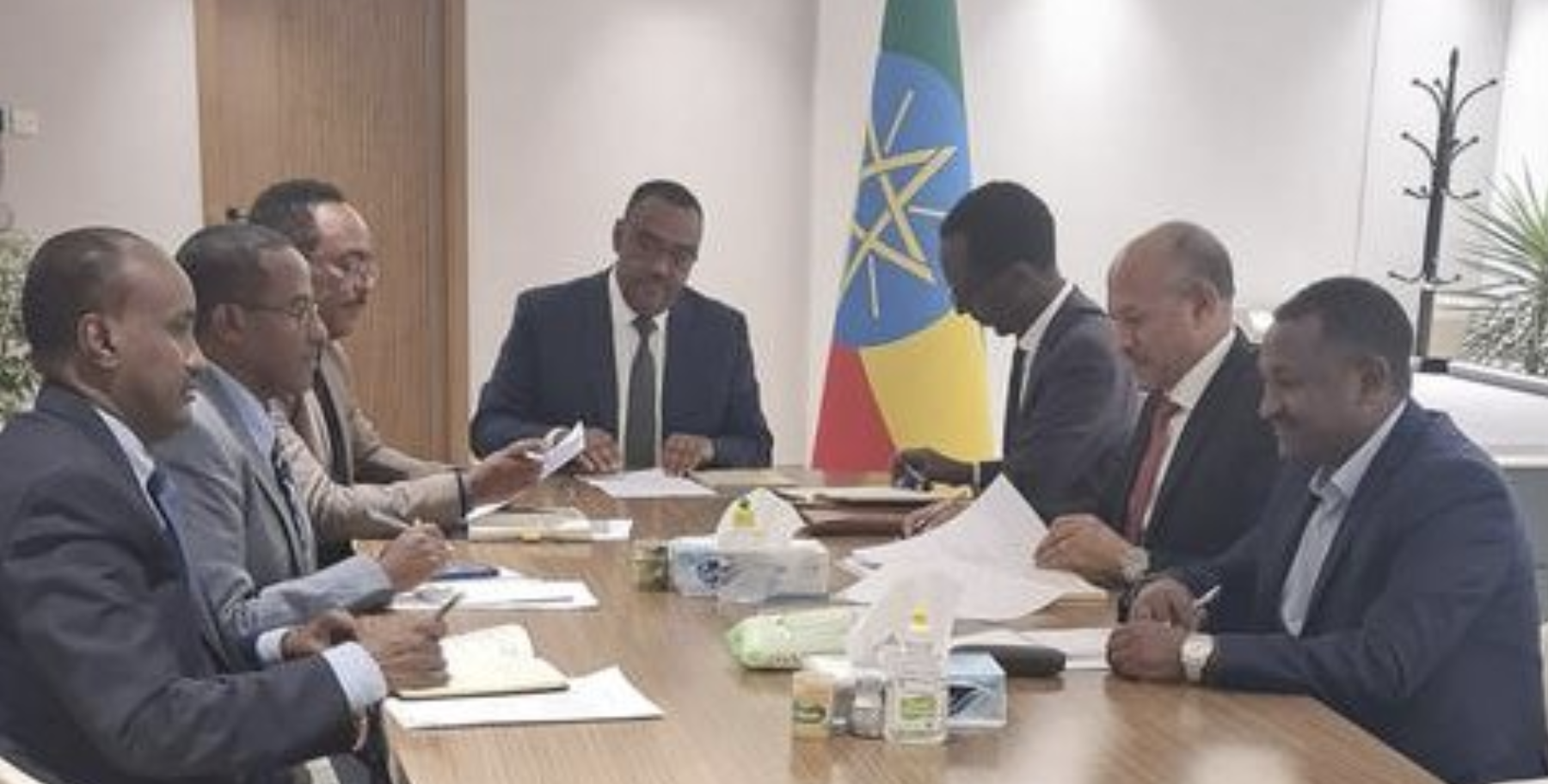Source: EEPA by K. Smits

The Dutch Council of State’s Administrative Jurisdiction Division, the country’s highest general administrative court, //www.raadvanstate.nl/actueel/nieuws/@132146/eritrese-asielzoekers-lopen-reeel-risico/" style="box-sizing: border-box; -webkit-font-smoothing: antialiased; outline: none; color: rgb(0, 147, 194); text-decoration: none; transition: all 0.1s ease-in-out 0s; border-bottom: 1px solid rgba(0, 0, 0, 0.2);">ruled on 20 July that Eritreans in the military sector of the national service are at risk of inhuman treatment. This ruling impacts how future Eritrean asylum claims will be treated. The case was started by an Eritrean man whose initial claim was rejected. The man feared he would have to enter the military part of the national service, if he would be returned.
Military service in Eritrea: risk of torture and inhuman treatment
The case ended up at the Administrative Jurisdiction Division after appeals. The Administrative Jurisdiction Division reviewed the circumstances of the Eritrean national service in detail. It found that the circumstances in the military part of the Eritrean national service are so severe, that the Eritrean man would run the risk of torture and inhuman treatment if returned. This would be a violation of article 3 of the European Convention for the Protection of Human Rights and Fundamental Freedoms (ECHR).
The ruling is not only of impact in this case, but for all cases of Eritrean asylum seekers in the Netherlands going forward.
Who is at risk?
The Eritrean man at the heart of the ruling had his asylum claim originally rejected, because he had grown up in a Sudanese refugee camp. Therefore, the Dutch Secretary of State deemed that he did not run the risk of having to enter national service upon return to Eritrea. The ruling of 20 July stated that the court found that the low level of education, the inability to read and having no network in the country would instead make it even more likely that the man would be forced to enter the military part of national service.
“It appears from open sources, as described under 10.3, that the alien, once selected to the military component, could face extremely heavy work- and living circumstances, lack of basic resources, physical trainings or work that is too heavy, very severe corporal punishments and detention under appalling circumstances. Furthermore, open sources describe, as noted under 9 and 9.1, that it is likely that after his national service will be extended after 18 months, because of which he will have no perspective on and end date of his active service in the military component. The circumstances mentioned here are, to the opinion of the Department, severe to such an extent that they separate as well as in combination with each other qualify as torture or inhuman or degrading treatment, as referred to in Article 3 of the ECHR […]”
//www.raadvanstate.nl/actueel/nieuws/@132144/202101479-1-v2/" style="box-sizing: border-box; -webkit-font-smoothing: antialiased; outline: none; color: rgb(0, 147, 194); text-decoration: none; transition: all 0.1s ease-in-out 0s; border-bottom: 1px solid rgba(0, 0, 0, 0.2);">RULING OF THE COURT, ARTICLE 14.2
Furthermore, the court found that it does not have to be an absolute certainty that such a person will be subject to such circumstances:
“The risk must be greater than just a single chance of such treatment, but the alien does not have to prove that it is certain that he will undergo such treatment.”
//www.raadvanstate.nl/actueel/nieuws/@132144/202101479-1-v2/" style="box-sizing: border-box; -webkit-font-smoothing: antialiased; outline: none; color: rgb(0, 147, 194); text-decoration: none; transition: all 0.1s ease-in-out 0s; border-bottom: 1px solid rgba(0, 0, 0, 0.2);">RULING OF THE COURT, ARTICLE 14.3
No normal national service
The court found that the national service in Eritrea diverts from that of other countries. Focusing particularly on the military part due to the nature of the case, the court stated that recruits face severe circumstances. These include extreme living and working circumstances and lack of basic resources. In addition, the court found evidence of extremely severe punishments and detentions under inhuman circumstances. It found that military commanders have virtually unchecked power and act arbitrarily.
“From the information available in open sources, as described under 10.3, it appears that the alien will have to serve under commanders in the military component that in fact have unlimited power over him. The answer to the question whether he will have to face treatment prohibited under Article 3 of the ECHR is therefore not possible to answer, because it is dependent on the arbitrary decisions of the commander in question. But from information from public sources, it shows that it happens more often than incidentally that a commander is guilty of such prohibited treatments.”
//www.raadvanstate.nl/actueel/nieuws/@132144/202101479-1-v2/" style="box-sizing: border-box; -webkit-font-smoothing: antialiased; outline: none; color: rgb(0, 147, 194); text-decoration: none; transition: all 0.1s ease-in-out 0s; border-bottom: 1px solid rgba(0, 0, 0, 0.2);">RULING OF THE COURT, ARTICLE 14.4
In addition, the court considered the indefinite nature of the national service, which can extend well beyond a decade.
“Altogether, the Department is of the opinion that it is expected that the alien, upon return to Eritrea, has to complete the national service at some point. The alien’s personal circumstances mean that he has a higer chance to end up in the military component. His national service will most likely be extended after eighteen months. The duration therefore becomes indefinite. Looking at the circumstances of the military component of the national service described in public sources, the alien runs a real risk to sustain harm as referred to in Article 3 of the ECHR. The appeal is successful.”
//www.raadvanstate.nl/actueel/nieuws/@132144/202101479-1-v2/" style="box-sizing: border-box; -webkit-font-smoothing: antialiased; outline: none; color: rgb(0, 147, 194); text-decoration: none; transition: all 0.1s ease-in-out 0s; border-bottom: 1px solid rgba(0, 0, 0, 0.2);">RULING OF THE COURT, ARTICLE 15
//www.raadvanstate.nl/actueel/nieuws/@132144/202101479-1-v2/" style="box-sizing: border-box; -webkit-font-smoothing: antialiased; outline: none; color: rgb(0, 147, 194); text-decoration: none; transition: all 0.1s ease-in-out 0s; border-bottom: 1px solid rgba(0, 0, 0, 0.2);">Click here to read the full ruling (Dutch only)This entry was posted in Asylum Seekers, Eritrea, Netherlands, Refugees in the EU, The Netherlands and tagged Administrative Jurisdiction Division, appeal, asylum seeker, court, ECHR, Eritrean, inhuman treatment, national service, ruling, Torture. Bookmark the permalink.

































